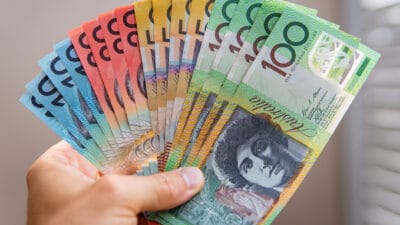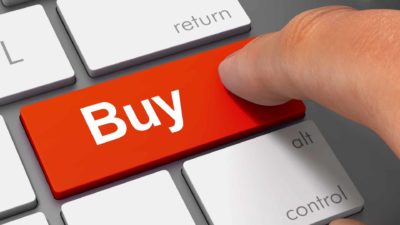If you're lucky enough to have $3,000 to invest into ASX growth shares, then I would suggest you consider putting these funds into the ones listed below.
Here's why I think they could provide strong returns for investors over the 2020s:
BetaShares NASDAQ 100 ETF (ASX: NDQ)
Given the recent weakness on the Nasdaq index, I think this exchange traded fund would be a fantastic option for investors. It gives investors exposure to a group of the highest quality growth shares the world has to offer in a single investment. This includes the likes of Amazon, Apple, Facebook, Microsoft, Netflix, Nvidia, Tesla, and Google parent, Alphabet. Given the exceptionally positive long term growth prospects of the majority of companies in the fund, I believe it has the potential to outperform over the 2020s.
Bravura Solutions Ltd (ASX: BVS)
Another option to consider is Bravura Solutions. As with the Nasdaq 100 ETF above, I feel a sharp pullback in the Bravura share price has created a buying opportunity for investors. Especially given its very positive long term growth potential. Bravura is the financial technology company responsible for the Sonata wealth management platform. This popular wealth management platform allows advisers to connect and engage with clients via computers, tablets, or smartphones. Demand for the platform has been growing very strongly in the past few years and I expect more of the same once the pandemic passes. This should be supported by recent acquisitions, which have bolstered its offering and opened it up to new and lucrative markets.
ResMed Inc. (ASX: RMD)
A final growth share to consider buying is ResMed. It is a sleep treatment focused medical device company which I believe is well-placed for growth over the next decade. This is thanks to its high quality product portfolio and leadership position in a growing market. I believe ResMed's masks and software-as-a-service solution are among the best on the market and likely to experience a surge in demand in the coming years as more and more people are diagnosed with sleep disorders. Management estimates that there could be upwards of 1 in 7 people impacted by sleep apnoea. However, the vast majority of these sufferers are undiagnosed at present.









